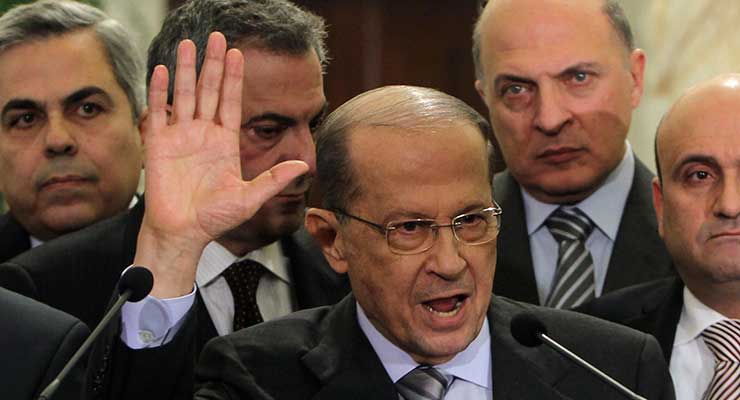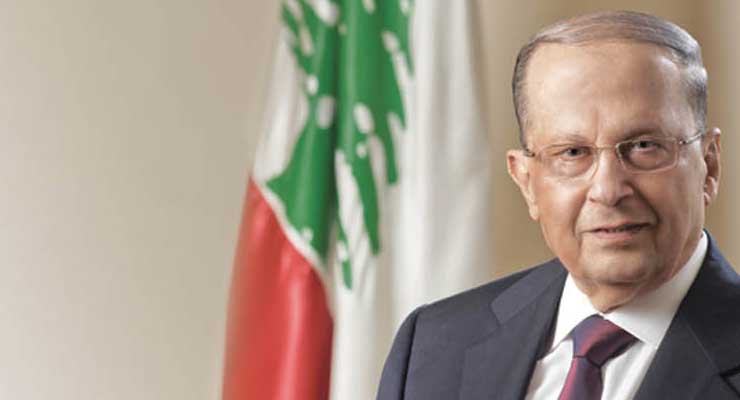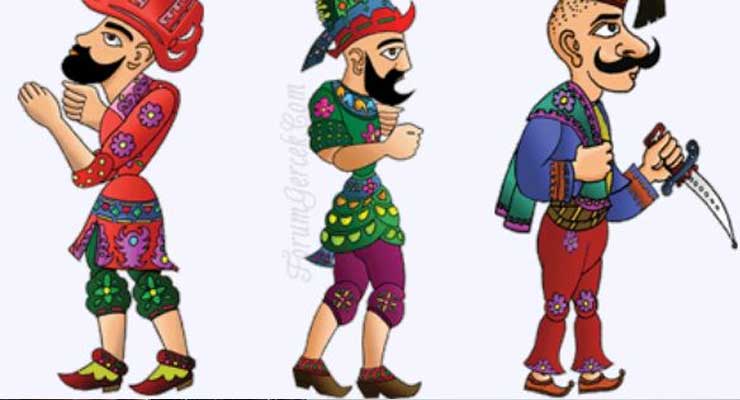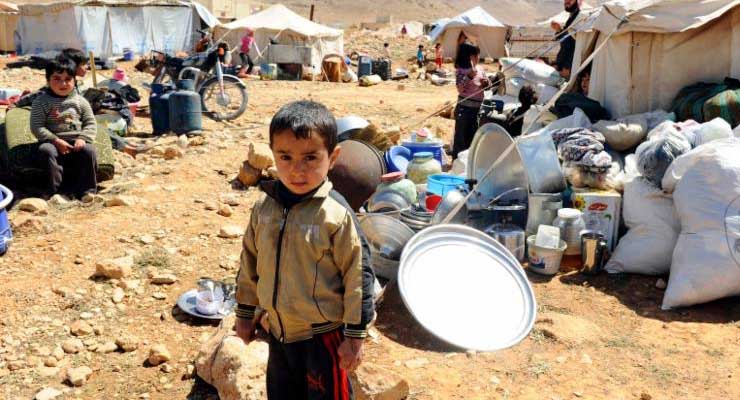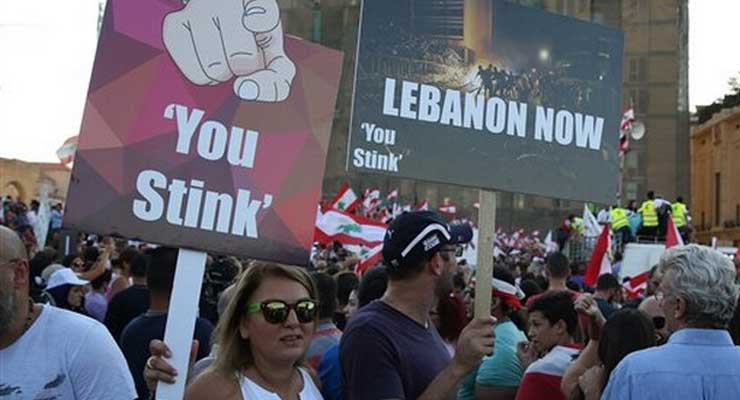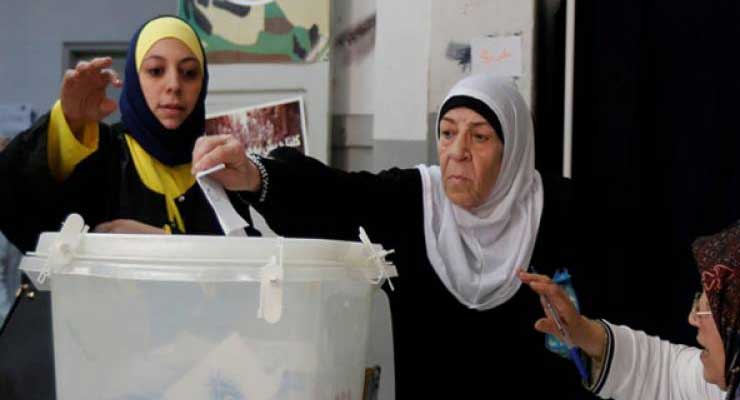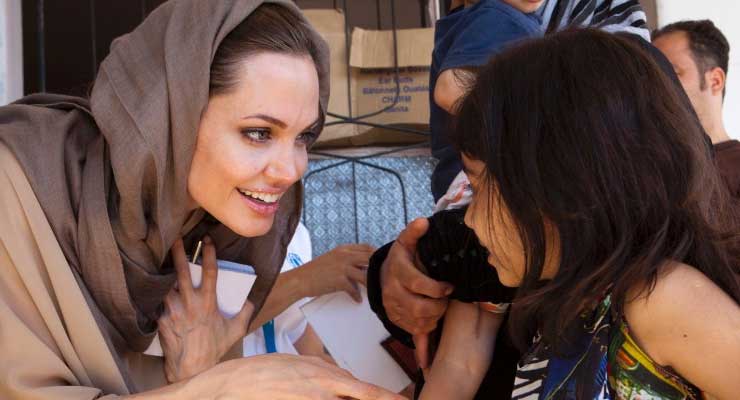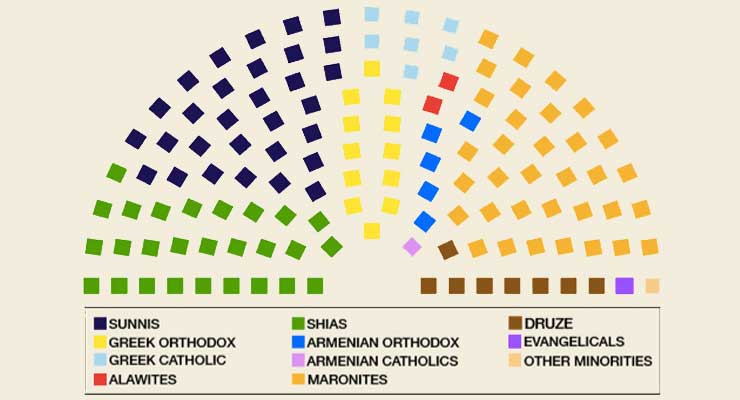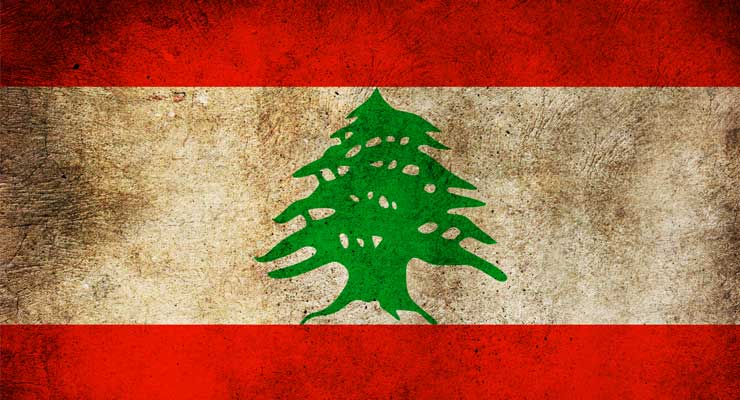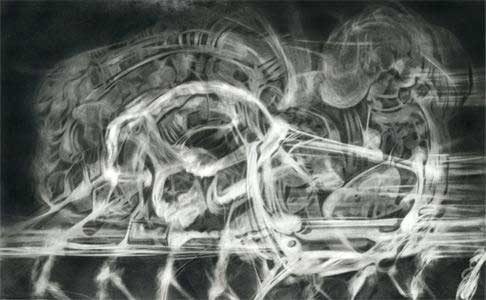President Michel Aoun has asked PM Saad al-Hariri to proceed in forming a new Lebanese government
Lebanon articles on Democracy Chronicles
News about the struggle for better democracy in Lebanon. Lebanon has suffered from the violent conflict in neighboring Syria. Lebanon's precarious power sharing agreements are a potential tinderbox and corruption and mismanagement are the norm. Also check out our section on World Democracy or our articles on the Middle East.
Two Years Later, Lebanese President Finally Elected
After 45 failed attempts, the new Lebanese President Michel Aoun is a Maronite Christian politician
Ottoman Shadow Puppets and Lebanese Political Paralysis
Characters in traditional Ottoman shadow puppets culture are known as Karagoz and Hacivat and reflect its political legacy
Syrian Refugees in Lebanon Face an Education Crisis
Perhaps most tragic is that the trauma and psychosocial turmoil of Syrian refugees in Lebanon at such a young age increases the vitality of proper access to education
Beirut Proves Resilience of the You Stink Social Movement
The You Stink Social Movement has won over social media and the Lebanese youth, which has effectively exploded in excitement and with great enthusiasm to partake in further steps that will progress the movement
Do Beirut Elections Constitute an Arab Citizen Awakening?
A new coalition’s success in the latest Beirut elections could be the start of something big
Angelina Jolie Visits Lebanon Pushing For Aid to Refugees
Refugees increasingly in peril as Angelina Jolie visits Lebanon to push for international action
Lebanese Political Crisis is Reaching Point of No Return
Shifts in allegiances and ongoing pressures from Syria war exacerbating Lebanese political crisis
Another Failed Attempt to Elect Lebanese President
Competing political interests mean a 33rd attempt to elect Lebanese President has failed
Filters of Truth: A Critical Perspective on News Framing
With growing awareness that the information we get is filtered through human viewpoints, we begin to question what we read, hear, and watch. How do we explain our identification with French suffering and our apparent indifference to Lebanese suffering?
